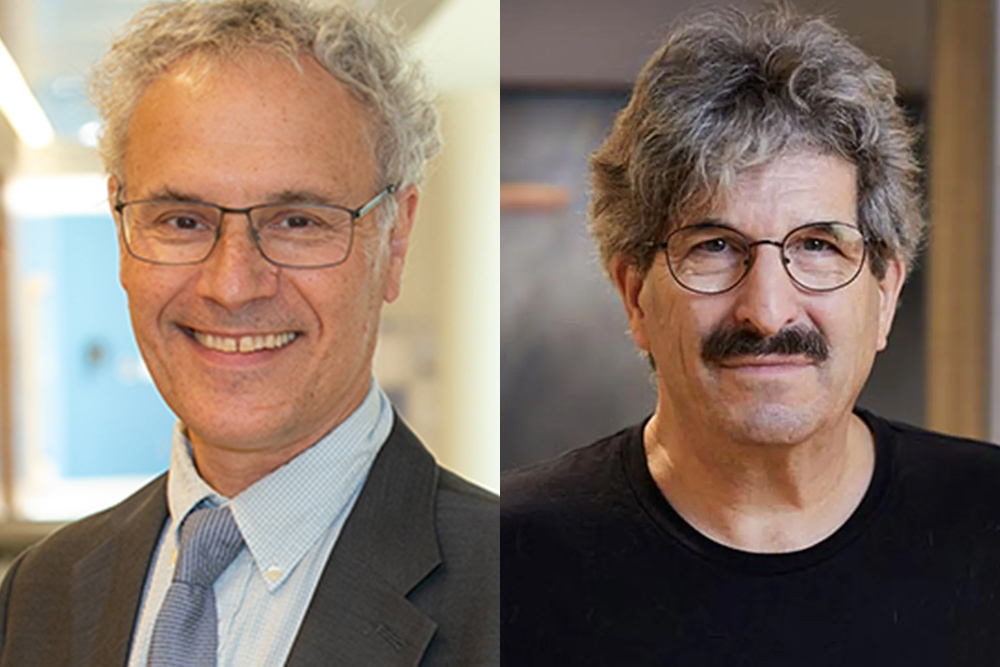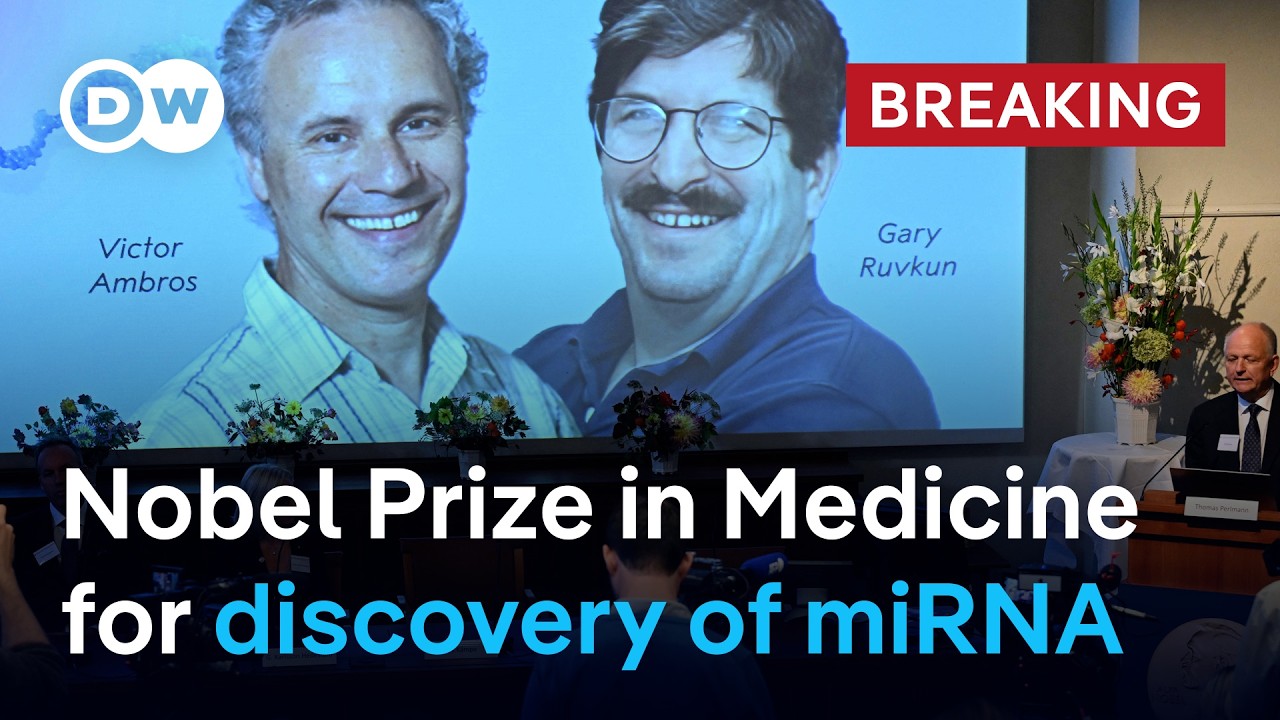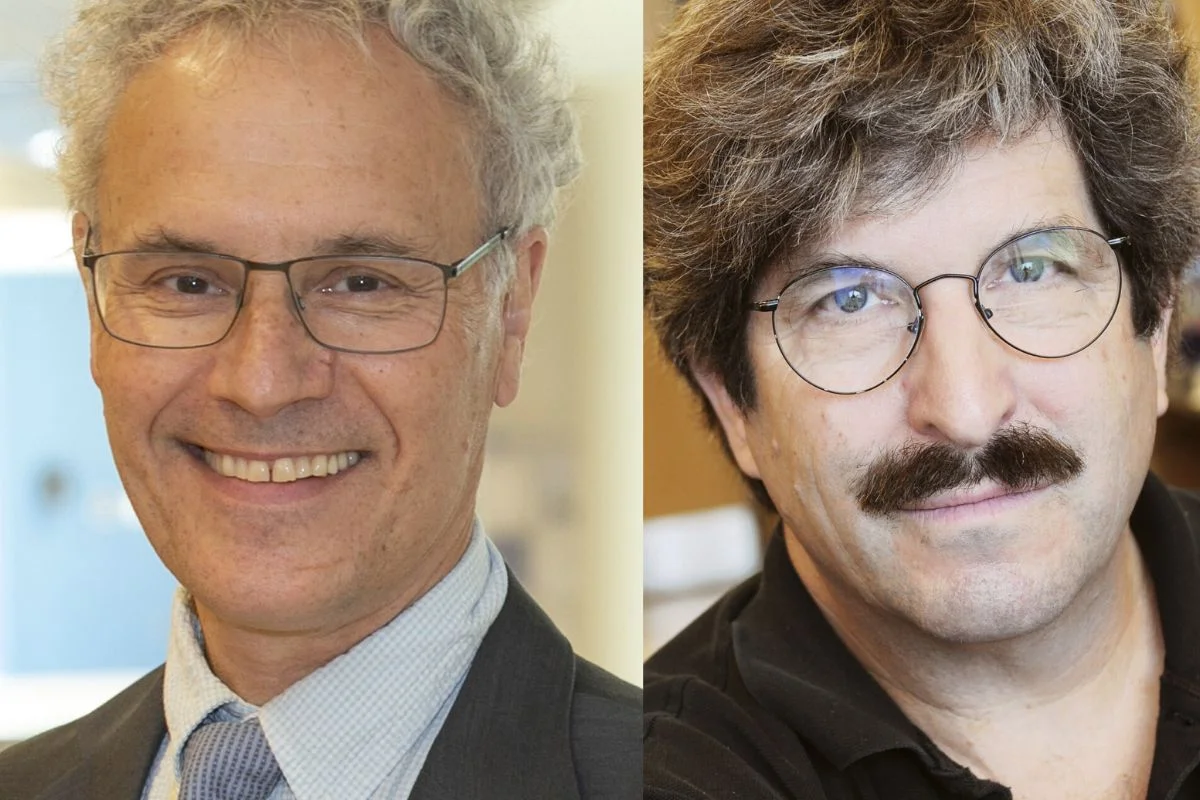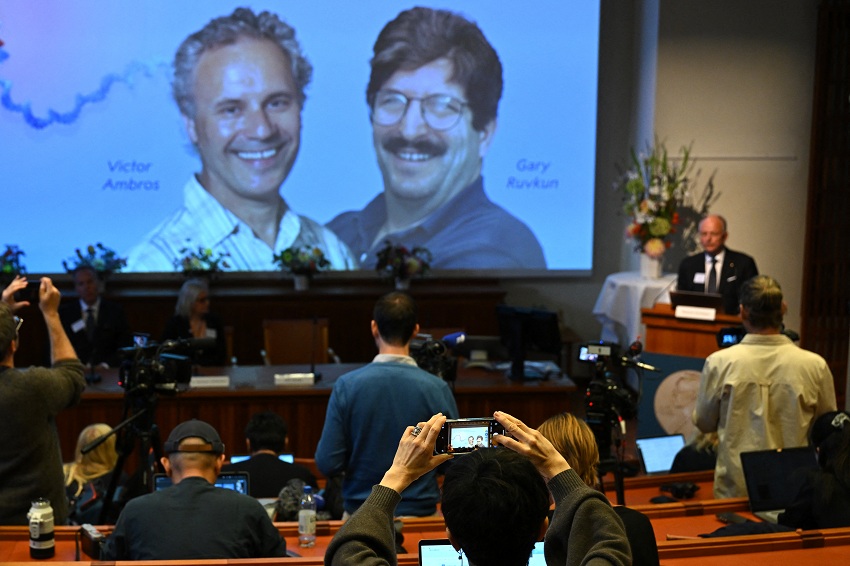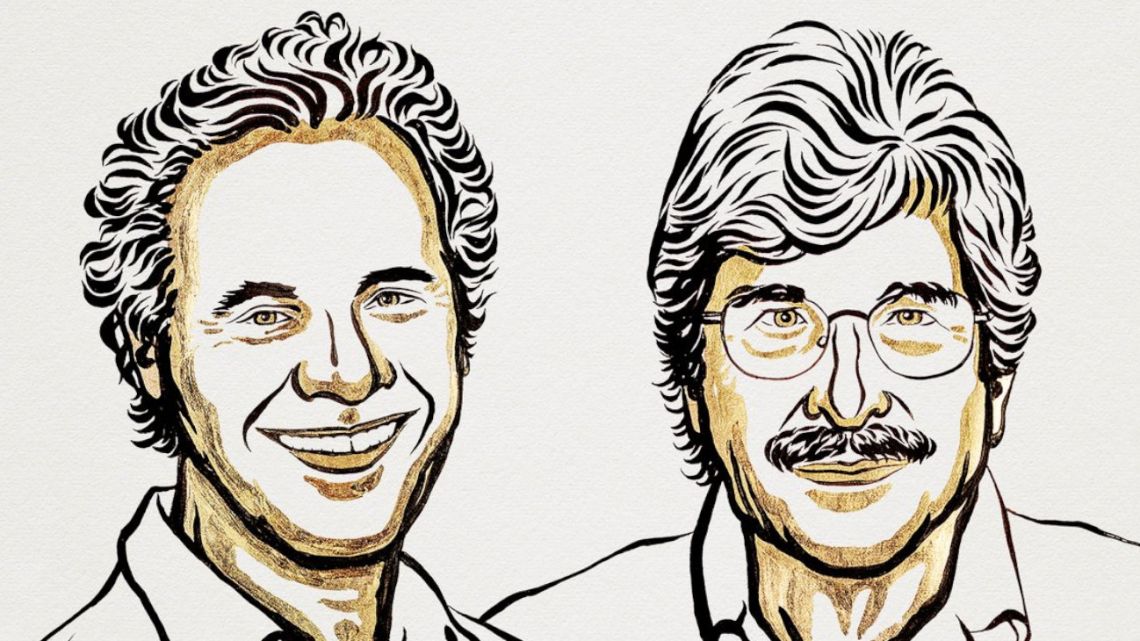Victor Ambros and Gary Ruvkun: Pioneers in MicroRNA Research Awarded 2024 Nobel Prize in Physiology or Medicine
Victor R. Ambros, a renowned American developmental biologist, and his colleague Gary Ruvkun have been awarded the 2024 Nobel Prize in Physiology or Medicine for their groundbreaking discovery of microRNA. MicroRNA, a tiny class of RNA molecules, plays a crucial role in determining the growth and function of multicellular organisms.
A Life-Long Legacy of Scientific Discovery
Victor Ambros was born on December 1, 1953, in Hanover, New Hampshire, and completed both his undergraduate and doctoral studies at the Massachusetts Institute of Technology. His academic journey paved the way for his remarkable research career, which led to the discovery of the first known microRNA.
Ambros' work, in collaboration with Gary Ruvkun, focused on understanding the genetic control of developmental timing, mRNA translation, and RNA silencing in various organisms. Their pioneering efforts not only led to the discovery of microRNA but also revealed its essential functions in regulating gene expression.
Unraveling the Mystery of Gene Regulation
The discovery of microRNA has been hailed as a fundamental principle controlling gene activity. Ambros and Ruvkun's research, which initially focused on genes that control the timing of different genetic developments, ultimately led to the identification of microRNA as a key regulator of gene expression.
MicroRNA, as Ambros and Ruvkun discovered, is responsible for ensuring that cell types develop at the right time and in the right place. This essential function is critical for the growth and development of complex organisms.
International Recognition and the Nobel Prize
The Nobel Prize in Physiology or Medicine, awarded to Ambros and Ruvkun, recognizes their groundbreaking work on microRNA and its role in post-transcriptional gene regulation. This prestigious award honors the duo's contributions to the field of molecular biology and its implications for our understanding of human development and disease.
The Nobel Prize committee highlighted the significance of Ambros and Ruvkun's discovery, stating that it is "proving to be fundamentally important for how organisms develop and function." Their work has paved the way for further research into the intricate mechanisms of gene regulation and its potential applications in medicine and biotechnology.
As Ambros and Ruvkun receive the Nobel Prize in Physiology or Medicine, they join an esteemed group of scientists who have made significant contributions to our understanding of the human body and its functions. Their discovery of microRNA serves as a testament to the power of scientific inquiry and the importance of basic research in advancing human knowledge.
By recognizing the pioneering work of Victor Ambros and Gary Ruvkun, the Nobel Prize committee has acknowledged the profound impact of their research on our understanding of gene regulation and its far-reaching implications for human health and disease.
#Science

